Lack of access to justice is a broad societal problem that touches all of us: Being able to resolve justice problems and receive fair outcomes, irrespective of wealth and status, is a cornerstone of a peaceful and prosperous society. Yet, organising this universal access to justice remains a challenge.
In his report, ‘Our Common Agenda’, the UN Secretary-General Antonio Guterres concludes that “Many justice systems deliver only for the few”. In July 2023, he launched his new Vision on the Rule of Law, with the vision for “a peaceful, prosperous and just world, governed by the rule of law and human rights, with people at its centre”. Similar challenges and opportunities are recognised in the National Policy on Justice of Nigeria, which states that “justice delivery falls short of the expectation of Nigerians” and encourages improvement through improved sectoral coordination that caters to people’s needs.
To achieve the ambitious goals set in the strategies and in SDG 16, a new concept is emerging globally as well as in Nigeria: people-centred justice, a programming approach that builds on data and innovation. Data allows the programming to focus on the right priorities by knowing the needs and experiences of people. The innovation part focuses on creating justice delivery models that can improve the wider justice system so that people can use the system more easily and with greater empowerment. The goal is to co-design legal and justice services that involve providers and (potential) users and improve through feedback, learning, and people’s increased understanding and ability to contribute to the process.
The policy brief ‘From challenges to successes: Four levers to enhance the enabling environment for people-centred justice innovation in Nigeria’ discusses recommendations that can support enhancing an enabling environment for justice innovation. It brings forward the experiences of seven Nigerians from the justice innovation space, from private to public sector innovators and decision-makers, who have pioneered people-centred justice innovation in their respective States. They all agree that people-centred justice is essential to improving current justice delivery models in Nigeria and that an enabling environment for people-centred justice comprises elements from financial, regulatory and legal regimes.
To achieve this favourable enabling environment for innovative people-centred justice, the policy brief proposes the following recommendations:
- Initiate networks and task forces
- Empower all actors in the ecosystem
- Foster capacity-sharing
- Embrace an evidence-based way of working
Since 2016, HiiL has supported stakeholders innovating justice in Nigeria. People-centred justice strategies have been developed so far in three states: Ogun, Imo, and Kaduna States. A nationwide data collection effort on legal needs took place twice, first in 2018 and more recently this year. At the same time, HiiL’s Justice Accelerator in West Africa has supported 20 innovators in the region of which nine came from Nigeria. In short, the movement for people-centred justice is growing, with a wide array of stakeholders across the sector joining to think of new ways to achieve the goals of the National Policy on Justice.
This continuous development, however, demands an environment in which innovative ideas can be created, fostered, tested, and scaled up. The widely recognised obstacles that prevent many social innovation initiatives from achieving their desired impact include social pressures, regulatory burdens, lack of resources (funding, people, knowledge), and inequitable power structures. These obstacles can be described as parts of the ‘enabling environment’, regulatory, relational and financial systems that together accommodate scalable models for justice services and effective interventions.
At the centre of our effort to innovate justice in Ogun State was: How can we have a people-driven approach, where people will be the focus and at the centre of the justice initiative programme? How to be less institution-oriented? We need a justice sector system that is people-oriented, even in criminal matters. We need good planning and the follow-up that pushes these initiatives. It is not about reinventing the wheel but having the right stakeholders there to make the change.
We call on and encourage leaders in Nigeria and beyond to continue implementing people-centred justice approaches in justice delivery, and accelerate actions based on these recommendations. Fostering further innovation is key to realising justice for all. The time to act is now.
To read the full policy brief, you can visit the web version or download the PDF version.




